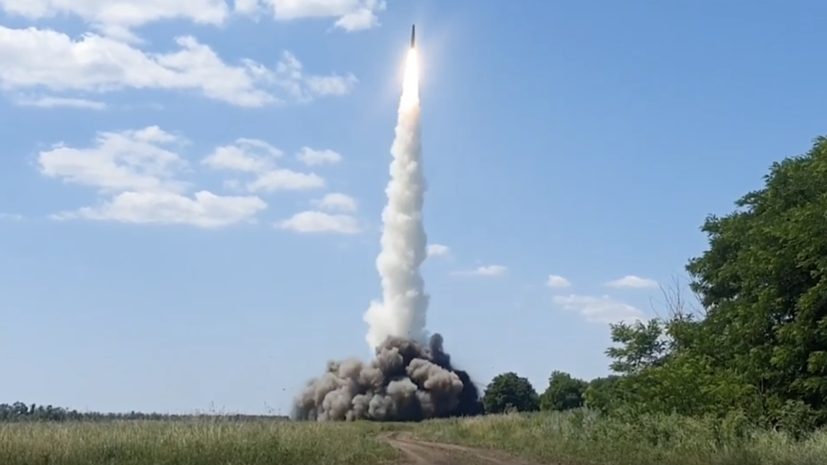Ukraine has now received the approval to use Western weapons to defend itself against targets in Russia, marking a significant shift in the ongoing conflict with Russia. Chancellor Olaf Scholz of Germany recently expressed support for Ukraine's use of Western weapons in future operations against Russian targets. This decision follows similar moves by the USA and other NATO allies, coming amid intensifying attacks by Russia on the eastern city of Kharkiv, which have been launched from close to the Russian border.
A major Ukrainian offensive is currently underway in Wolchansk, with Ukrainian forces reportedly controlling 70% of the city, located about 70 kilometers northeast of Kharkiv. This offensive also represents a broader push to repel Russian forces from areas north of Kharkiv, which have been occupied since mid-May. According to Lieutenant Colonel Nazar Voloshyn, spokesperson for the operational-strategic force “Khortytsya,” there are fierce battles in Wolchansk, but the Ukrainian defense is preventing Russian forces from gaining a foothold.
Videos and reports from Wolchansk reveal significant destruction due to the intense fighting, with the northern part of the city almost wiped out by enemy artillery. The Institute for the Study of War (ISW) has emphasized the critical importance of Western weapons for Ukraine, noting that these weapons are vital for deterring Russian missile and glide bomb attacks.
In a related development, the long-awaited approval from US President Joe Biden has enabled Ukraine to launch strikes on Russian military targets with Western-supplied arms. Notably, a Himars strike recently destroyed Russian anti-aircraft systems in the Belgorod region. This escalation follows the Ukrainian military's confirmation of cross-border strikes targeting Russian military equipment publicly. Multiple reports, including from Russian and Ukrainian Telegram channels, have corroborated these claims, noting significant damage and casualties.
Despite these advancements, there are still restrictions on the use of long-range Atacms missiles by Ukraine, with the directive to refrain from targeting deeply into Russian territory. Ukrainian Foreign Minister Dmytro Kouleba has acknowledged these limitations but indicated that efforts are ongoing to secure more extensive support from Western allies. President Volodymyr Zelensky has also stressed the necessity of using longer-range Western weapons to counteract daily shelling and air attacks from Russia, aiming to target Russian air bases to halt the bombardments.
- Scholz's decision to shift Germany’s stance aligns with the broader NATO strategy to support Ukraine amidst increasing aggression from Russia. This collective support from Western nations signifies a stronger commitment to helping Ukraine defend its sovereignty and push back against Russian advances.
- The devastation in Wolchansk underscores the brutal nature of the conflict, with large portions of the city rendered uninhabitable. As efforts continue on the ground, the situation remains fluid with potential for further escalations.
- Western air defense systems and artillery have proven crucial in bolstering Ukraine’s defensive and offensive capabilities. However, the geopolitical implications of these actions continue to evolve and could reshape the strategic landscape of the conflict.
- The ongoing diplomatic efforts by Ukraine to secure more comprehensive military aid highlight the complexities of international support in wartime. The delicate balance between providing essential military support and avoiding deeper escalation remains a pivotal aspect of Western countries' involvement.


